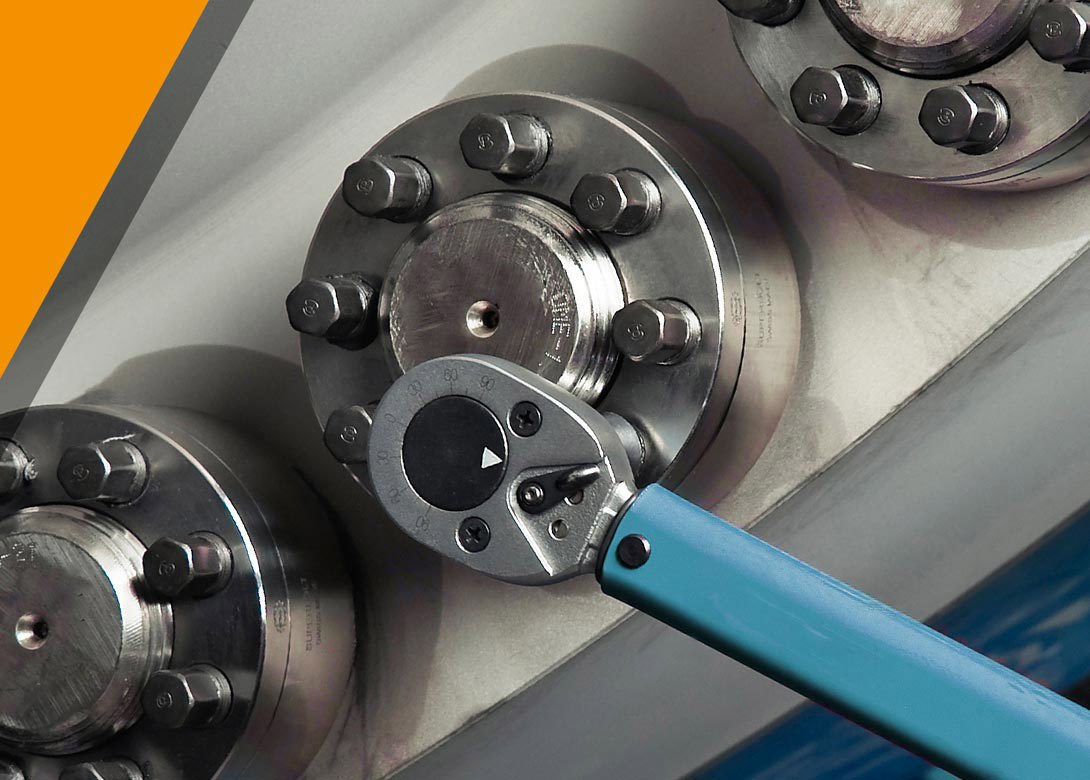
When a person suffers a broken bone, treatment calls for the surgeon to insert screws and plates to help bond the broken sections and enable the fracture to heal. These ‘fixation devices’ are usually made of metal alloys.
However, metal devices have several disadvantages – for instance because they are stiff and unyielding, they can cause stress to underlying bone. They also pose an increased risk of infection and poor wound healing.
In some cases, the metal implants must be removed following fracture healing, necessitating a second surgery. Resorbable fixation devices, made of synthetic polymers, avoid some of these problems but may pose a risk of inflammatory reactions and are difficult to implant.
Now, using pure silk protein derived from silkworm cocoons, a team of investigators from Tufts University School of Engineering and Beth Israel Deaconess Medical Center (BIDMC), both based in Massachusetts, USA, have developed surgical plates and screws that may not only offer improved bone remodelling following injury, but importantly, can also be absorbed by the body over time, eliminating the need for surgical removal of the devices.
“Unlike metal, the composition of silk protein may be similar to bone composition,” says co-senior author Samuel Lin, MD of the division of plastic and reconstructive surgery at BIDMC and associate professor of surgery at Harvard Medical School. “Silk materials are extremely robust. They maintain structural stability under very high temperatures and withstand other extreme conditions, and they can be readily sterilised.”

Having spent a decade in the fastener industry experiencing every facet – from steel mills, fastener manufacturers, wholesalers, distributors, as well as machinery builders and plating + coating companies, Claire has developed an in-depth knowledge of all things fasteners.
Alongside visiting numerous companies, exhibitions and conferences around the world, Claire has also interviewed high profile figures – focusing on key topics impacting the sector and making sure readers stay up to date with the latest developments within the industry.





